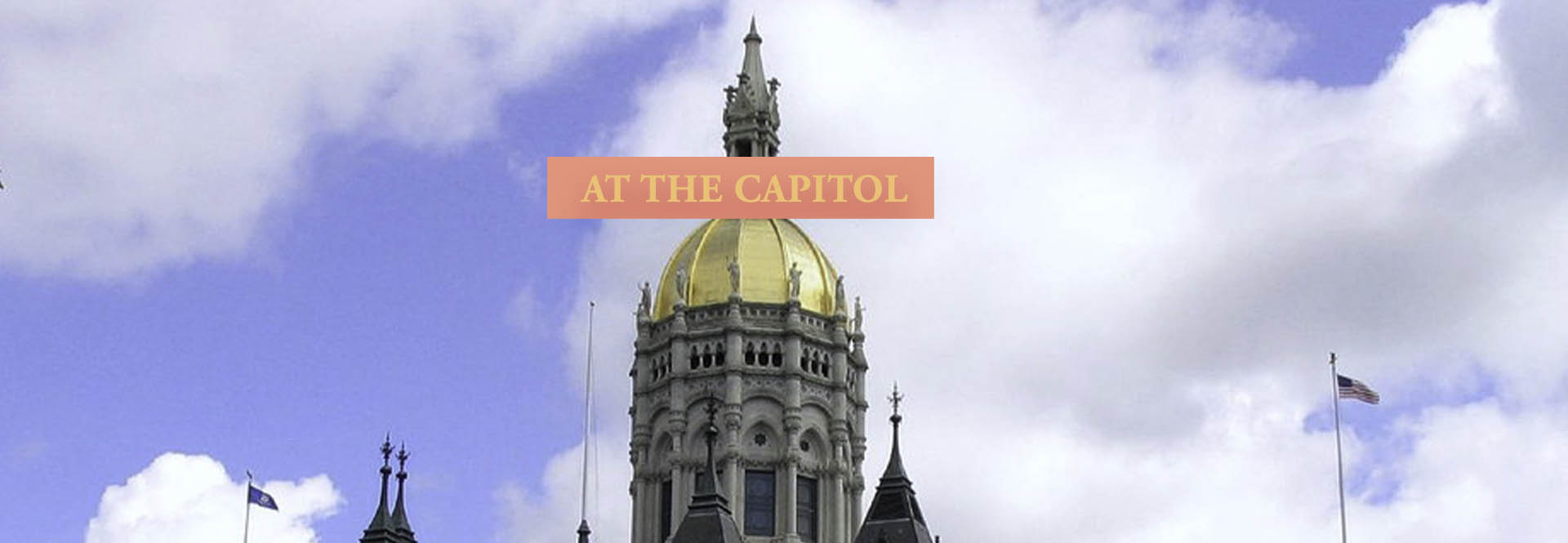|
Of concern to Connecticut’s golf industry, two issues have raised their ugly heads in the 2019 session of the Connecticut General Assembly in Hartford. The first, a bill that would have allowed towns to set their own standards on pesticide use was considered by the State Legislature’s Environment Committee. The bill was opposed by golf course superintendents, farmers, lawn care providers and others who recognized both the impracticality of the idea, and the problems it would create. Superintendents Phil Neaton of Black Hall Club and David Golembeski of Pomperaug Golf Course spoke eloquently in opposition at a public hearing on March 18. Mike Moraghan, Executive Director of the CSGA, on behalf of Connecticut’s golf industry at large, also submitted written testimony in opposition. The bill died in Committee, and will not be brought to a vote before the General Assembly. The second issue, still very much alive, is the Governor’s budget that calls for the removal of sales tax exemptions from a number of businesses and activities currently exempt from the state’s 6.35% sales tax. Along with haircuts, legal and accounting services and other activities the proposal would add a tax on greens fees and golf lessons. The CSGA has led the fight on this issue, appealing to all golfers in Connecticut to contact their representatives in Hartford in opposition to any increase in taxes on golf. “They are trying to squeeze blood from a stone,” said Moraghan. “Golf activities in Connecticut already contribute over $20 million annually to the State’s coffers through the 10% dues tax, and through items that are already subject to sales tax such as cart rentals, food and beverage and pro shop sales. Golf is doing more than its fair share, especially given that ours is an industry that can not operate year round, and is completely dependent on the weather.” The CSGA appeal to golfers reminded everyone that increasing taxes on items such as greens fees affects those people who can least afford it – young people and families who play at public golf courses and retirees on a fixed income. “This isn’t like taxing cigarettes or booze” continued Moraghan, “golf is a healthy activity that should be encouraged, not discouraged with additional taxes that increase the cost. I hope every golfer in the state reaches out to their elected officials in Hartford and tells them to oppose any budget proposal that increases the already onerous taxes Connecticut golfers are paying.” As of this writing, the state budget is still being debated in the Finance Committee. A vote is expected in the coming weeks. To locate contact information for your State Representative and State Senator go to: |








